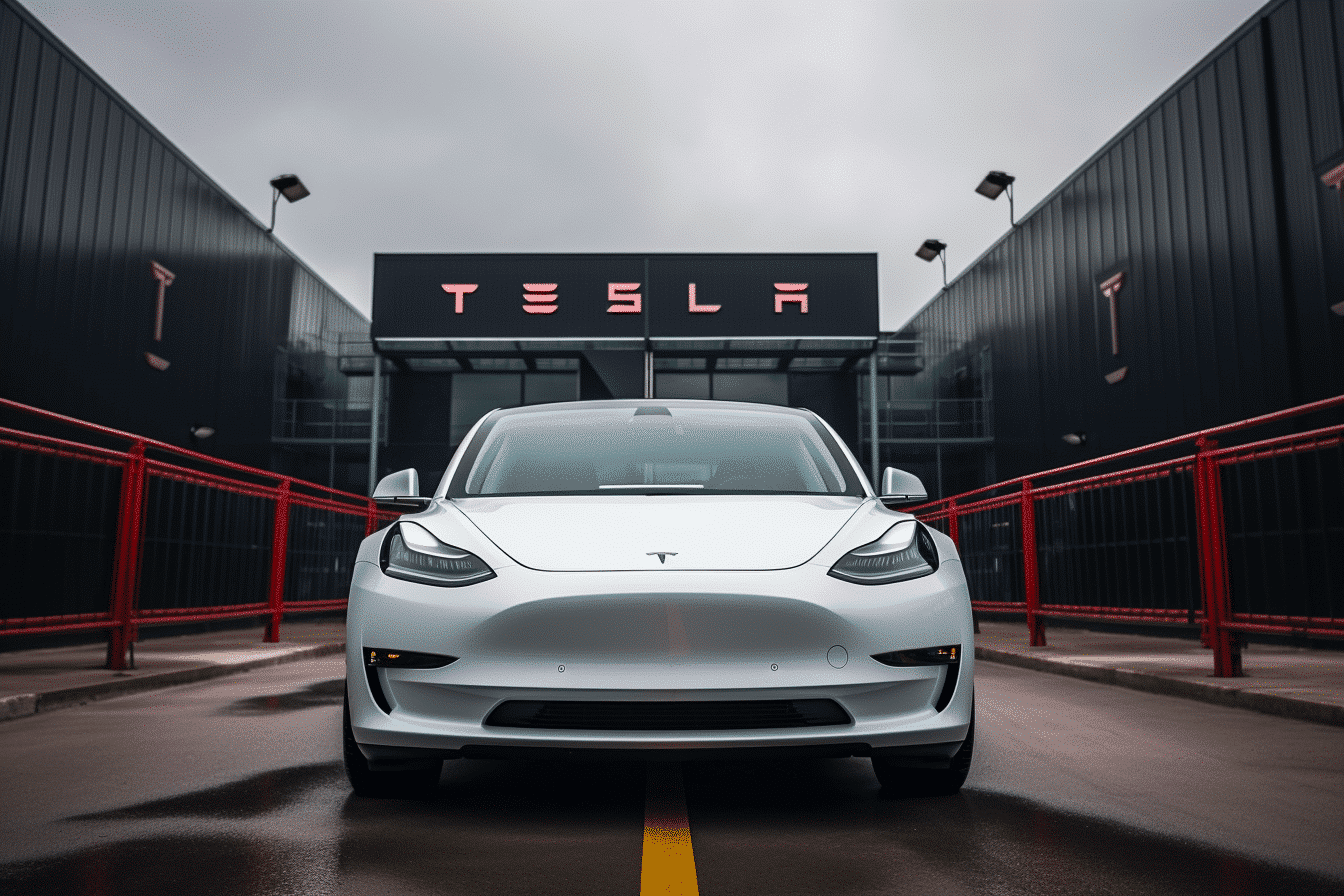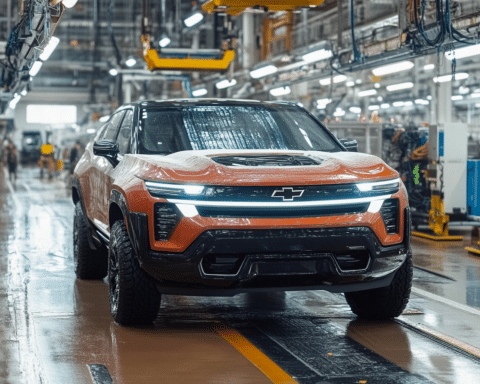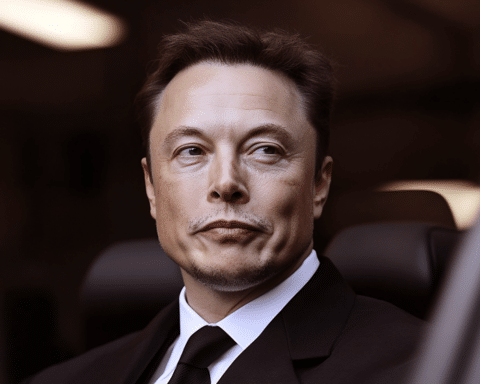Morgan Stanley’s updated valuation suggests Tesla’s stock might surge by approximately 45% in the coming year. As the global perspective shifts, it’s becoming clear that investing in Tesla (NASDAQ: TSLA) is not just about supporting an electric car producer.
Adam Jonas, an analyst at Morgan Stanley, elevated Tesla’s stock projection by 60% from its earlier $250 – around its closing price on the prior trading day – to $400 per share. This optimistic adjustment is primarily attributed to a groundbreaking technological advancement that promises to bolster Tesla’s long-term appeal: the Dojo supercomputer.
Dojo, a creation of Tesla’s engineering team, ranks among the planet’s most advanced and potent computers. Equipped with thousands of GPUs, this supercomputer has the capability to transform Tesla’s business operations and revenue potential dramatically.
Jonas emphasizes that Dojo’s emergence should prompt investors to perceive Tesla as a carmaker and a pioneering tech firm leading in AI. Jonas remarked, “Dojo, in our view, is the catalyst that could redefine how the market sees Tesla.”
Following Jonas’s optimistic reassessment, Tesla’s stock value witnessed an uptick. However, to reach the projected $400 per share, the stock would need a rise of roughly 45%.
Dojo’s Influence
So, how might Dojo influence a 45% appreciation in Tesla’s value? Jonas and his colleagues posit that Dojo will accelerate the progression of Tesla’s full self-driving (FSD) software, enhancing its efficacy.
The revamped Morgan Stanley analysis suggests that Dojo’s chips could offer performance six times superior to prevailing market GPUs and would be more energy-efficient, requiring less cooling. Consequently, this could lead to a cost-saving of nearly $6.5 billion for Tesla in upcoming years.
With a more robust computational infrastructure, Tesla could effectively analyze its cars’ vast driving data. This data will empower Tesla’s AI neural networks, training them to navigate roads autonomously. Achieving Level 4 or 5 automation is the ultimate objective, and upon reaching this milestone, Tesla aims to launch a robotaxi service, an endeavour CEO Elon Musk envisions as having almost limitless demand.
Moreover, Jonas projects that by allowing other car manufacturers to access Tesla’s advanced FSD software, it could potentially rake in a whopping $100 billion in operational profits.
A Game-Changing Proposition
Though robotaxi services and FSD software licensing could significantly elevate Tesla’s earnings, Dojo’s real potential lies in the software-as-a-service (SaaS) realm. Jonas likens the potential of Dojo to the renowned Amazon Web Services (AWS) to demonstrate its transformative capability.
Presently, AWS contributes to 70% of Amazon’s EBIT. Jonas anticipates a parallel trajectory for Tesla. By offering Dojo’s computational power to other enterprises for enhancing their AI algorithms (and charging premium prices), Tesla could see a substantial profit boost. Furthermore, industries beyond automotive, such as manufacturing, aviation, healthcare, utilities, and security, might seek Dojo’s services.
The Bigger Picture
Jonas anticipates that the combined potential of a robotaxi service, FSD licensing, and Dojo’s SaaS capability could add an astonishing $500 billion to Tesla’s market valuation, pushing it beyond the $1 trillion mark.
While these projections are speculative, several signs suggest Tesla’s ascent to these estimations. Many were skeptical when Musk first announced Tesla’s intention to develop its supercomputer. Yet, as of this year, Dojo secured its position as the world’s third mightiest supercomputer, with Musk’s ambition to take it to the top.
As Dojo continues to evolve and enhance its AI prowess, Tesla is set to dominate investment portfolios in the foreseeable future. For discerning investors, the opportunity lies in recognizing Tesla’s potential beyond merely electric car production.
Tesla’s trajectory, driven by innovative technologies like Dojo, represents the fusion of the automotive and tech worlds. As Dojo continues redefining the boundaries of what’s possible in AI and computing, Tesla is not just paving the future of transportation but reshaping the technological landscape. Investors and observers alike should brace themselves for a future where Tesla, beyond its acclaimed electric vehicles, stands as a beacon of innovation and progress in the broader tech industry.




